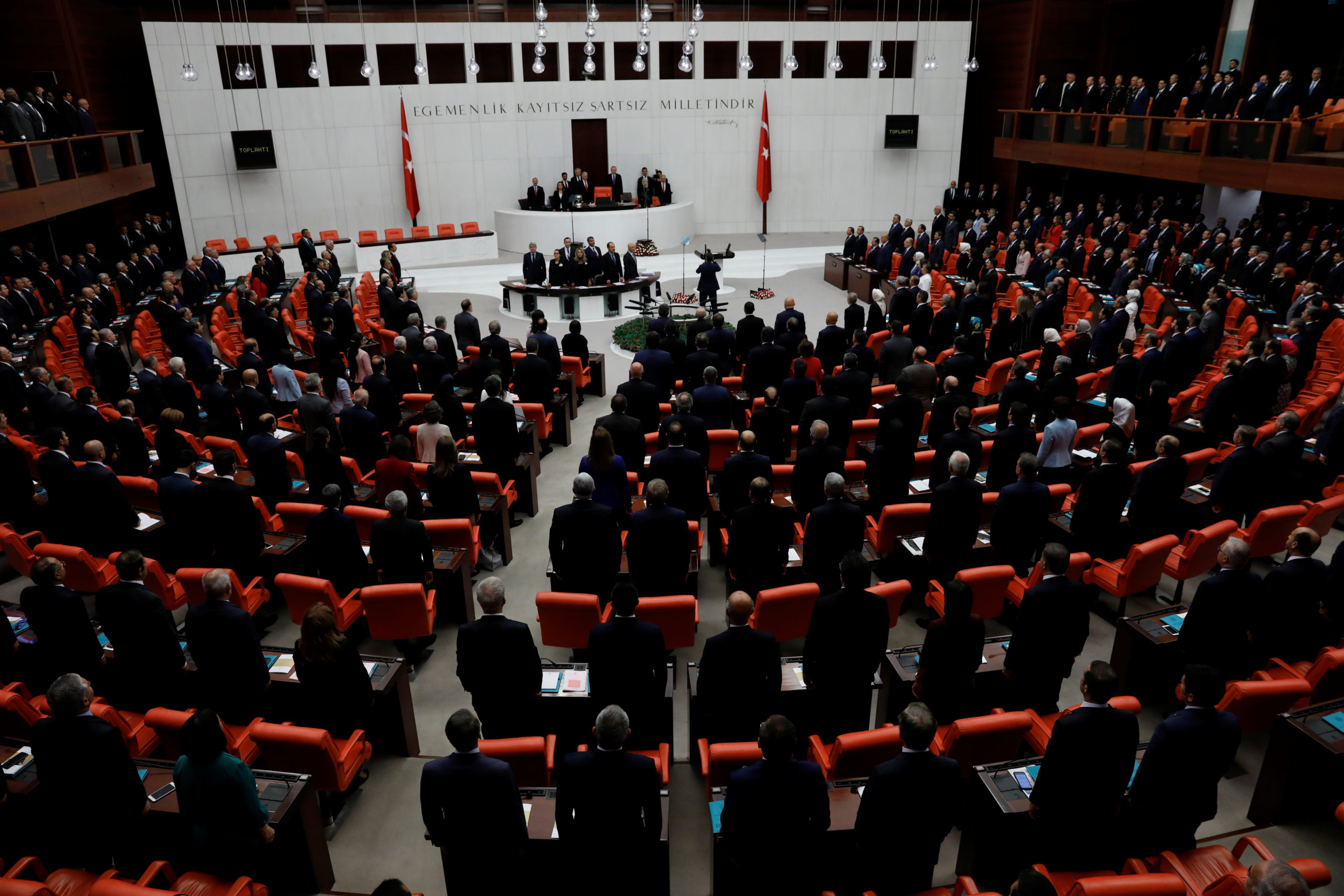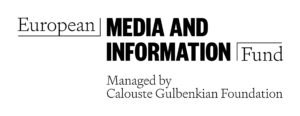Turkish parliamentary commission approves Finland’s NATO bid, TRT Haber reports
The bill must still be approved by the parliament's general assembly.

ANKARA — The Turkish parliament’s foreign affairs commission approved a bill ratifying Finland’s bid to join NATO, state broadcaster TRT Haber reported on Thursday, effectively taking Helsinki another step toward membership of the trans-Atlantic pact.
Parliament’s general assembly still needs to approve the bill and is expected to do so before it closes in mid-April, ahead of parliamentary and presidential elections on May 14.
President Tayyip Erdogan said last week during a visit by his Finnish counterpart Sauli Niinisto to Turkey that parliament would ratify Helsinki’s accession to NATO.
But Erdogan held off approving the NATO membership bid of Sweden, which Ankara says has not gone far enough in cracking down on people Turkey considers terrorists. The three countries signed a pact on the issue last year.
Finland and Sweden applied to join NATO after Russia invaded Ukraine in February last year. The parliaments of all 30 NATO members must ratify newcomers.
Apart from Hungary, whose ruling party has said it backs the two Nordic bids but which has delayed formal steps to approve them, Turkey is the only NATO member that has not yet given the green light.
Finland’s membership would represent the first enlargement since North Macedonia joined the alliance in 2020.
Reporting by Ali Kucukgocmen.
This article has been fact-checked by Arctic Today and Polar Research and Policy Initiative, with the support of the EMIF managed by the Calouste Gulbenkian Foundation.
Disclaimer: The sole responsibility for any content supported by the European Media and Information Fund lies with the author(s) and it may not necessarily reflect the positions of the EMIF and the Fund Partners, the Calouste Gulbenkian Foundation and the European University Institute.
